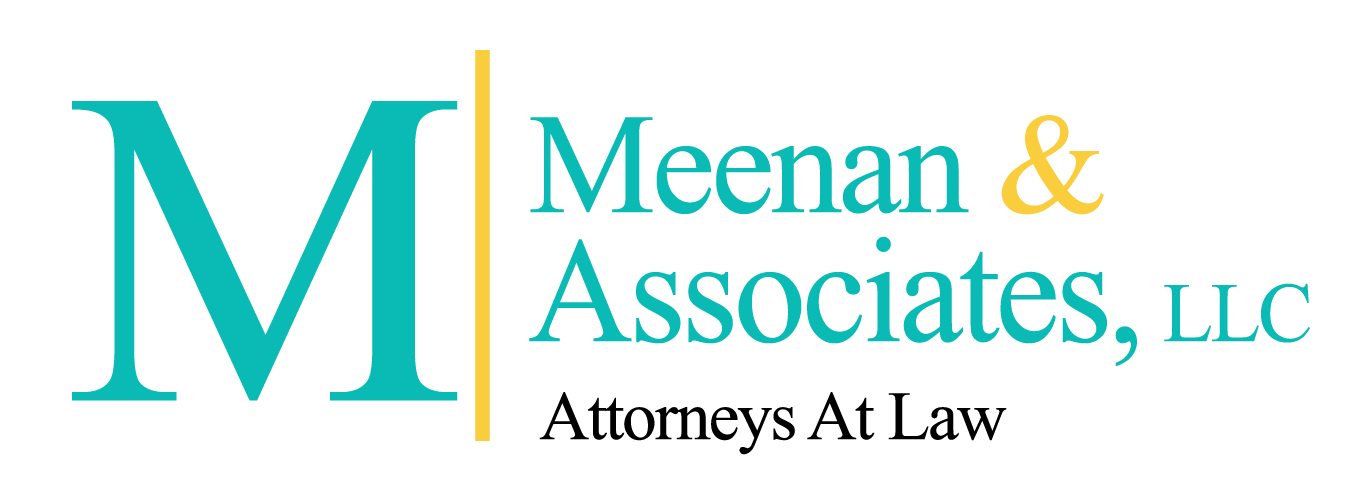On April 23, 2020 the EEOC updated its guidance regarding workplace issues presented by the coronavirus pandemic. The key update is that employers are permitted to test employees for Covid-19 before permitting employees to enter the workplace.
The EEOC noted that the ADA which prohibits disability discrimination requires that any mandatory medical test of employees be “job related and consistent with business necessity.” Consistent with this standard, “an employer may choose to administer Covid-19 testing to employees before they enter the workplace to determine if they have the virus” the EEOC stated. Employers can do so because an individual with the virus will pose a “direct threat to the health of others”.
The EEOC cautioned that employers ensure the tests are accurate and reliable, and suggested that employers review guidance from the U.S. Food and Drug Administration about what may or may not be considered safe and accurate testing, and from the CDC or other public health authorities.
The agency warned employers to consider the incidence of false-positives or false-negatives that could result test. Also, even accurate testing only reveals if the virus is currently present; a negative test does not mean the employee will not acquire the virus later.
In short, the EEOC acknowledges that there can be no guarantees testing for Covid-19 will accurately indicate the risk employees of contracting Covid-19 at work. As a result, the agency stated that employers should still require that employees “observe infection control practices (such as social distancing, regular handwashing, and other measures) in the workplace to prevent transmission of Covid-19.”
The EEOC’s guidance did not expressly address whether antibody testing will be permissible; such tests are designed to detect whether a person has had the virus and built up antibodies to it. The guidance also leaves a lot of questions to be asked and issues to be resolved, such as whether an employer is qualified to administer such tests? What if results obtained are inaccurate? What happens if an adverse action is taken against an employee based on the test results obtained?
Given the complexity of testing presented by the pandemic, further guidance from the EEOC will be likely to emerge.


